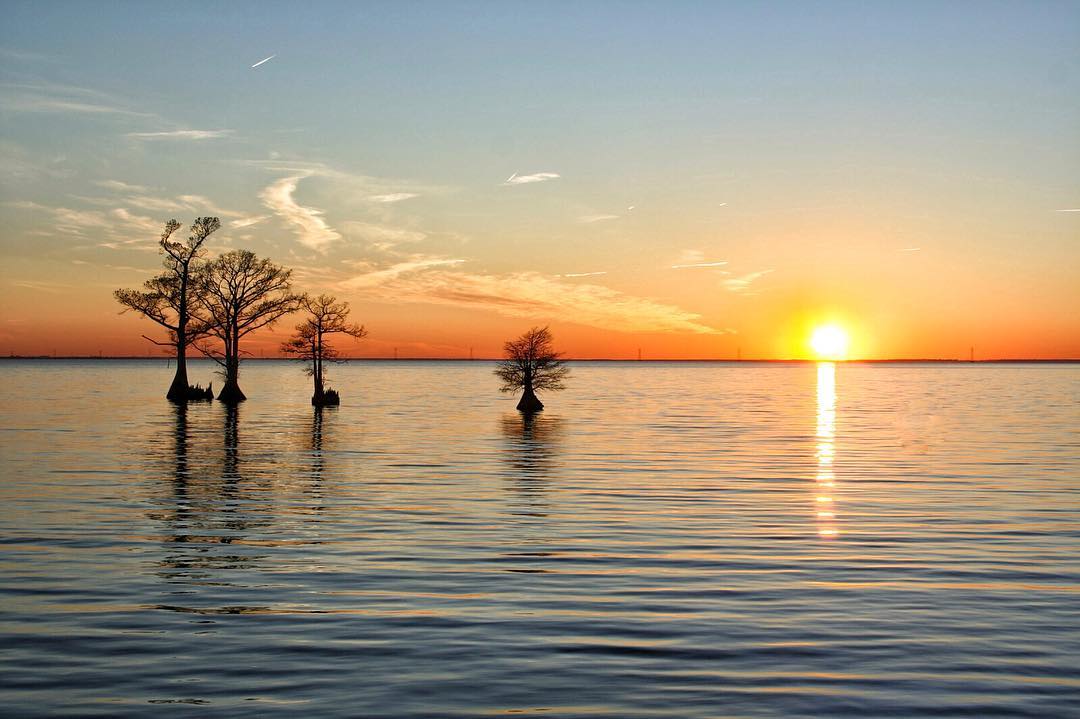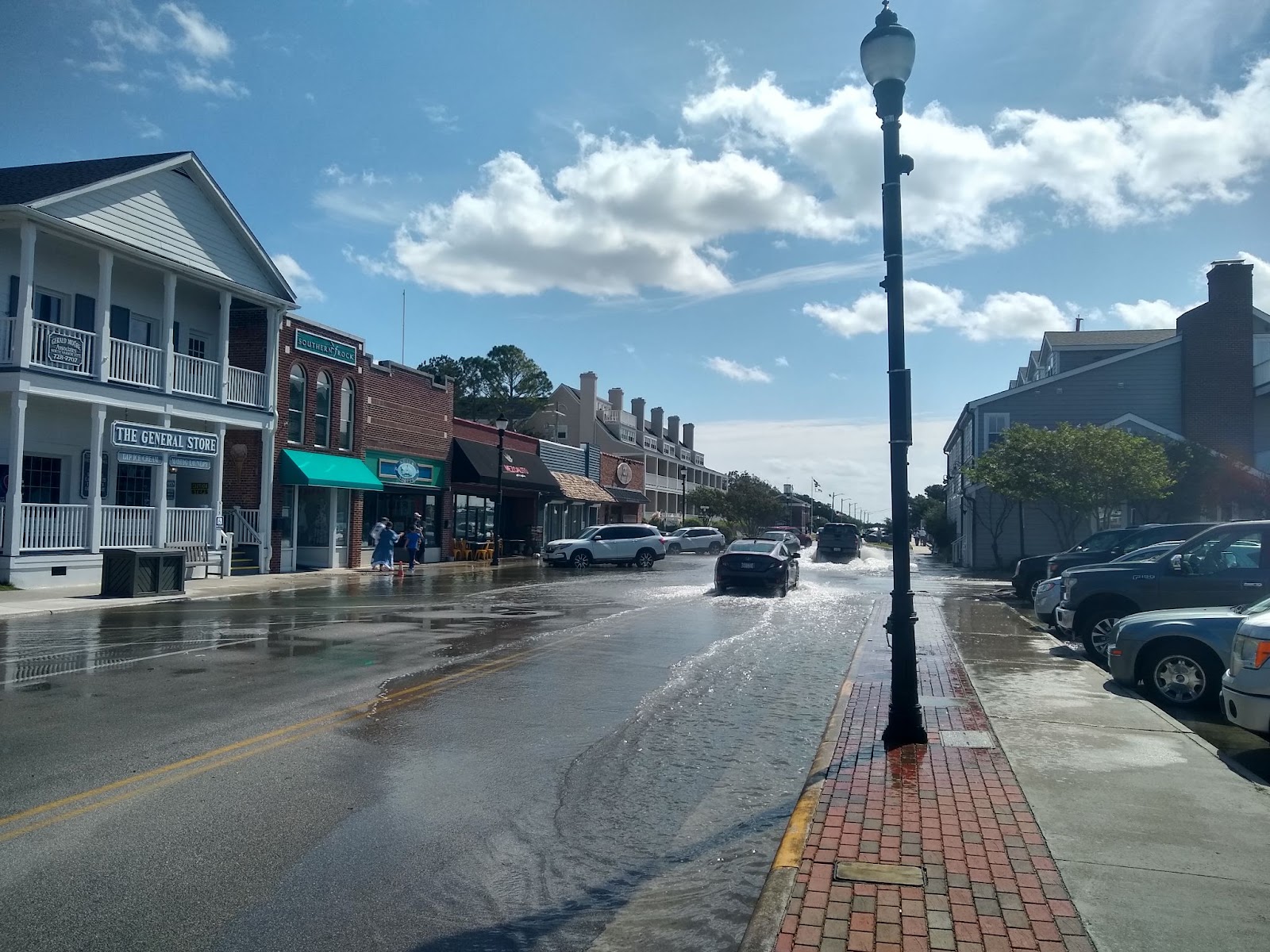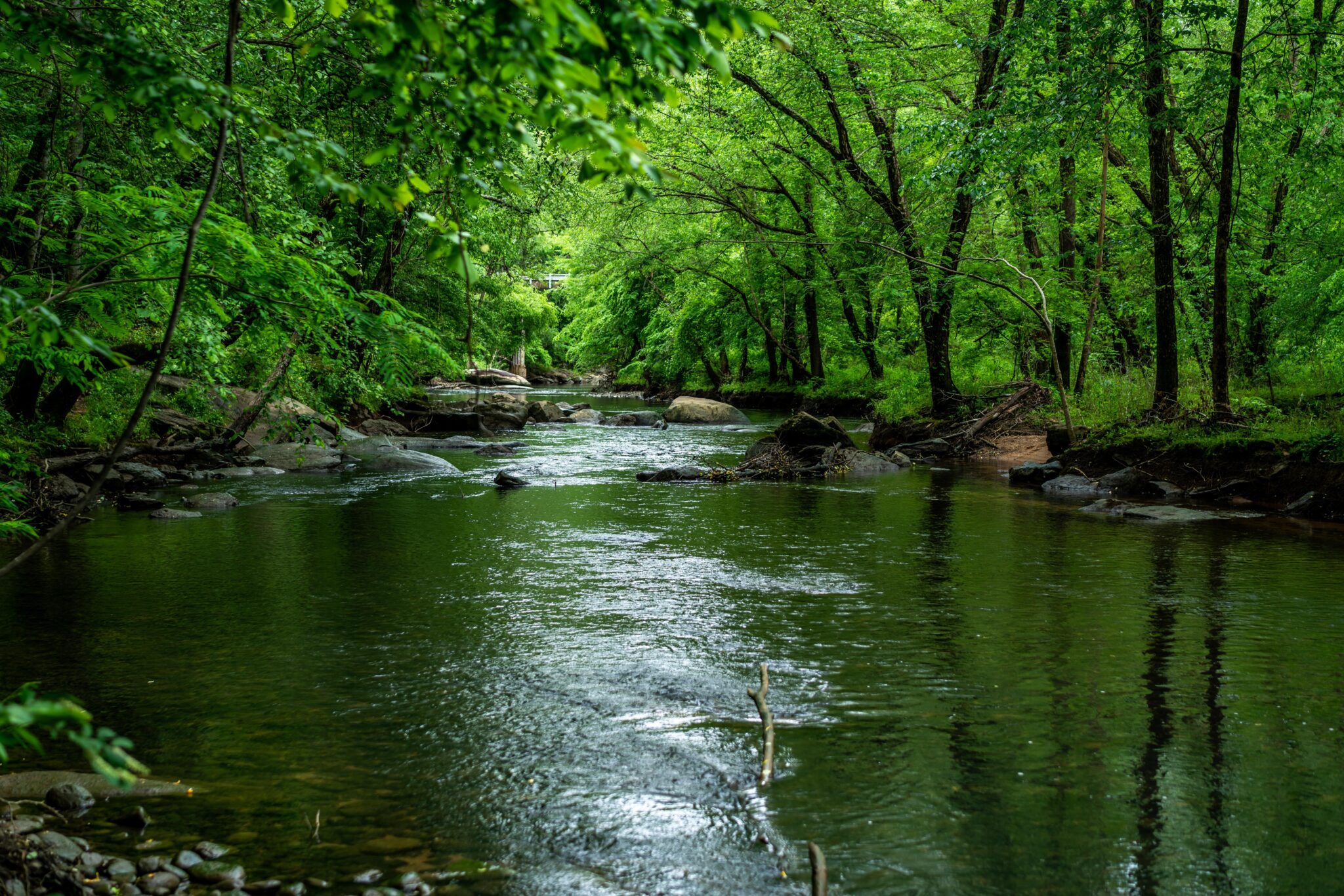NC Sea Grant Announces 2020–2022 Core Research Projects

FOR IMMEDIATE RELEASE
Contact:
Katie Mosher, 919-515-9069, kmosher@ncsu.edu
John Fear, 919-515-9104, jmfear@ncsu.edu
North Carolina Sea Grant’s core research projects for 2020 to 2022 will apply innovative approaches to coastal issues. Research teams across the state are starting new studies on coastal resilience, climate change, flooding, shellfish and aquaculture, environmental literacy and more.
“Our core research examines real-world needs of our coastal communities and ecosystems,” says Susan White, executive director of North Carolina Sea Grant. “We are pleased to have so many multidisciplinary collaborations that address our program’s strategic focus areas.”
The new projects include lead researchers from five universities in the state: North Carolina State University, the University of North Carolina at Chapel Hill, East Carolina University, the University of North Carolina Wilmington, and Carteret Community College.
Seven of the projects feature collaborations with researchers at other universities and partner organizations, such as NOAA’s National Centers for Coastal Ocean Science, the National Weather Service, the United States Geological Survey, The Nature Conservancy, Arizona State University, Duke University, and the North Carolina National Estuarine Research Reserve. Some projects also include student support and training opportunities.
The following new studies will run through early 2022:
- Can Strategic Riparian Buffers Improve Coastal Resilience to Changing Conditions in the Cape Fear River Watershed?; Katherine Martin (lead), Georgina Sanchez and Ross Meentemeyer, NC State; Ana Garcia, USGS; Danica Schaffer-Smith, The Nature Conservancy and Arizona State University; and Julie DeMeester, The Nature Conservancy
- Changing SAV Communities and Impacts on Blue Crabs: Potential Ecosystem and Fisheries Impacts of Climate Change; Jessie Jarvis (lead), Troy Alphin and Martin Posey, UNCW; Whitney Jenkins, N.C. National Estuarine Research Reserve; Dean Carpenter, Albemarle-Pamlico National Estuary Program
- A Process-Based Model of Wind-Wave and Boat-Wake Attenuation to Aid Evaluation and Design of Living Shorelines; Johanna Rosman (lead) and Richard Luettich, UNC-CH
- Improving Predictions of Estuarine Flooding and Circulation During Storms; J. Casey Dietrich (lead), NC State; John McCord, ECU’s Coastal Studies Institute; Terri Kirby Hathaway, North Carolina Sea Grant
- Mitigating the Effects of Storm Water Flooding in Coastal Regions Using Machine Learning Techniques; Alex Manda (lead) and Rui Wu, ECU
- Evaluating the Reproductive Cycle and Development of Spawning Methods for Native North Carolina Sunray Venus Clams — A Candidate Species for Crop Diversification; David Cerino (lead), Carteret Community College; Ami Wilbur, UNCW; Jimmy Morris, Morris Family Shellfish Farms
- Increased Commercial Aquaculture Production of U.S. Bay Scallops Argopecten irradians in North Carolina; Ami Wilbur (lead) and Robin Vamey, UNCW
- Impacts of Culture Technique and Position in the Estuary on the Nutrient Removal Potential of Oyster Aquaculture; Michael Piehler (lead), and Joel Fodrie , UNC-CH; and James Morley, ECU
- Development of a Tool to Forecast Closure of Shellfish Aquaculture Harvest Areas; Natalie Nelson (lead), NC State; Shannon Jenkins and Andrew Haines, N.C. Division of Marine Fisheries; Chris Matteo, N.C. Shellfish Growers Association and Chadwick Creek Oyster Company; David Glenn, National Weather Service; and Ken Riley, NOAA’s National Centers for Coastal Ocean Science
- Strengthening Community Networks for Environmental Learning and Resilience through Children; Kathryn Stevenson (lead), K.C. Busch, Nils Peterson, Sarah Carrier and Danielle Lawson, NC State; Elizabeth DeMattia, Duke
Watch for updates on these projects via North Carolina Sea Grant’s Twitter and Facebook feeds, the Coastwatch Currents blog at ncseagrant.org, and Coastwatch magazine at nccoastwatch.org.
These projects receive funding from the National Oceanic and Atmospheric Administration through the National Sea Grant College Program, as well as state funding through the University of North Carolina System. Each project also includes matching funds from the respective university.
photo: Albemarle Sound, Jed Record/CC-BY-2.0
###
North Carolina Sea Grant: Your link to research and resources for a healthier coast
- Categories:


